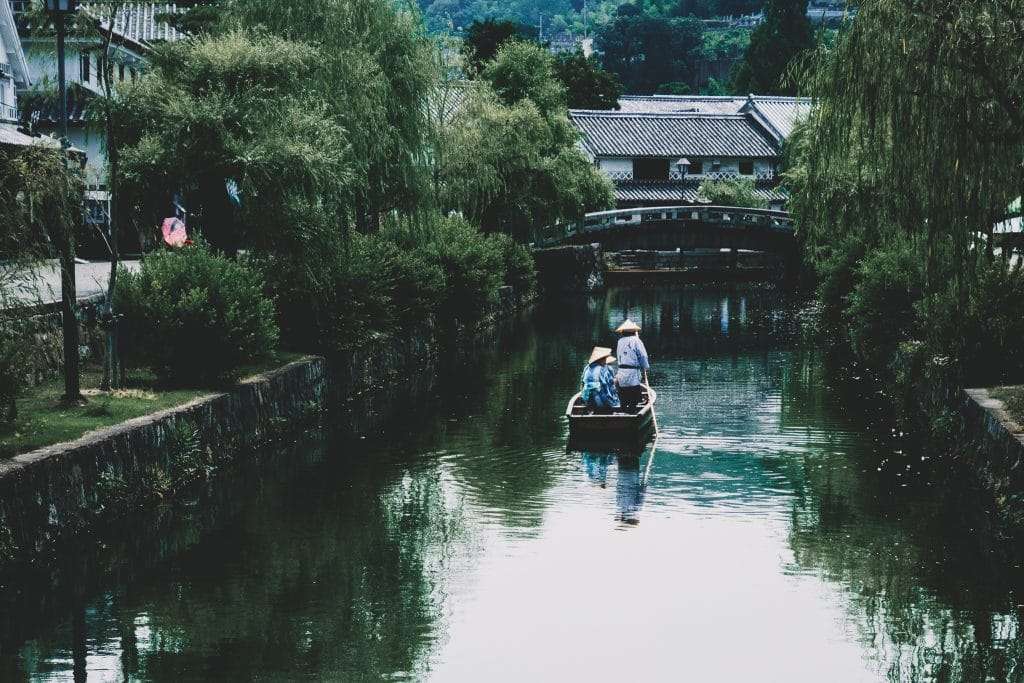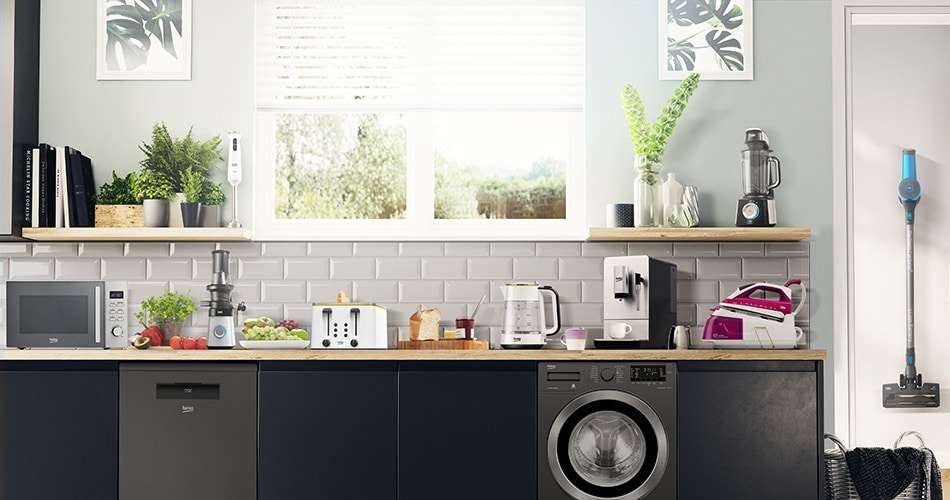Water scarcity has become a global problem, and many regions around the world are facing a water efficiency crisis. Here’s how to be more water conscious at home.
According to the United Nations, about 2.2 billion people lack access to safe drinking water, and more than 4 billion people are experiencing severe water scarcity at least one month a year. This crisis is expected to worsen as the global population continues to grow and climate change disrupts weather patterns.
Diana Mitlin, a professor of global urbanism at the University of Manchester, emphasizes the importance of recognizing that the water crisis is not just an environmental issue, but a social and economic one as well. “Water scarcity is a product of social and economic inequality,” she explains. “Those who are most marginalized and vulnerable are often the ones who suffer the most from lack of access to water.”
Global water crisis
Mitlin points out that in many countries, women and girls bear the brunt of the water crisis, as they are often responsible for collecting water for their families. “In some cases, women have to walk several hours a day to fetch water from distant sources,” she says. “This not only takes up valuable time that could be spent on education or economic activities, but it also puts them at risk of physical harm, as they may have to navigate dangerous terrain or encounter violent individuals.”
The water crisis also has significant economic implications. The World Bank estimates that water scarcity could cost the global economy $7.1 trillion by 2050. “Water scarcity can lead to reduced agricultural productivity, increased food prices, and lost income for farmers,” says Chris Perry, director of research and strategy at the Pacific Institute. “In urban areas, water scarcity can lead to job losses, reduced economic growth, and increased health risks.”

One of the main drivers of the water crisis is inefficient water use. According to the United Nations, agriculture accounts for about 70 percent of global water use, followed by industry at 20 percent and households at ten percent. However, in many regions, water is used inefficiently in all sectors.
For example, in India, which is one of the most water-stressed countries in the world, only 40 percent of the water used for irrigation reaches the crops, according to a report by the WaterAid charity. In urban areas, leaky pipes and inefficient water use by households can also contribute to the problem.
To address the water efficiency crisis, experts recommend a combination of measures, including investment in infrastructure, better water governance, and changes in behavior.
“Governments need to prioritize water security and make sure that water is accessible and affordable for all,” says Perry. “This may require investing in new infrastructure, such as dams and pipelines, as well as upgrading existing systems to reduce leakage and improve efficiency.”
Mitlin emphasizes the importance of engaging communities in efforts to improve water efficiency. “We need to involve people in decision-making processes and make sure that they have a voice in how water is managed,” she says. “This can help to build trust and ensure that policies and programs are tailored to the needs of local communities.”

Changes in behavior can also play a significant role in improving water efficiency. “Individuals can reduce their water footprint by adopting simple habits, such as taking shorter showers, fixing leaky taps, and using water-efficient appliances,” says Perry.
According to the United Nations, increasing water efficiency in agriculture could be one of the most effective ways to address the water crisis. “Farmers can adopt techniques such as drip irrigation, which delivers water directly to the roots of crops, reducing waste and increasing yields,” says Perry.\
Water conservation tips
Bringing water awareness into your home is one of the easiest and most impactful ways you can help reduce water waste and cultivate more consciousness around its use.
Check for Leaks
One of the most important ways to be mindful of water efficiency at home is to check for any leaks regularly. This can include taps, showers, and pipes. Even a small leak can waste an incredible amount of water over time. Therefore, if you notice a dripping tap or pipe, it is essential to ensure that they are fixed as soon as possible to prevent further wastage of water.
Utilize low-flow fixtures
Another great way to reduce your household’s water consumption is by investing in low-flow fixtures. These are plumbing fixtures that use significantly less water while still providing adequate pressure and performance. Low-flow toilets and showerheads are now becoming increasingly commonplace and more affordable, making them an easy and efficient way to reduce your household’s water consumption.

Look for water-efficient appliances
When the time comes to replace any of your home appliances look for ones that are marked as being water-efficient. This includes washing machines, dishwashers, and even utility sinks. In addition, these appliances come with special features such as automatic shut-off or dual flush toilets that can help you save precious water.
Be mindful of shower time
It is essential to be mindful of how much time you spend in the shower each day. Long showers waste a tremendous amount of water, so try to keep them under 10 minutes. If possible, install a timer in the shower that will remind you to keep your shower time to a minimum.
Collect and reuse rainwater
One of the most effective ways to be mindful of your household’s water efficiency is by collecting and reusing rainwater. This can be done by setting up a simple rain barrel in your backyard that collects runoff from your roof or other impermeable surfaces. The collected rainwater can then be used for things such as watering plants and lawns, washing cars, or even filling up pools. But be mindful, some regions have restrictions on rainwater collection, and rainwater should not be consumed without first boiling and filtering.
Invest in utility metering
Utility meters measure your household’s water usage and help you be more mindful of how much water you use each day. This can help you identify and address any areas of wasteful consumption so that you can make changes accordingly.
Related on Ethos:


